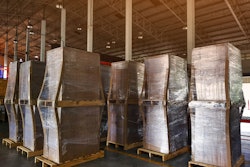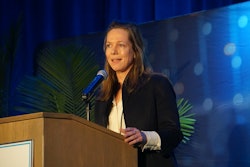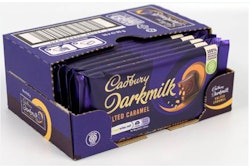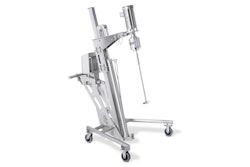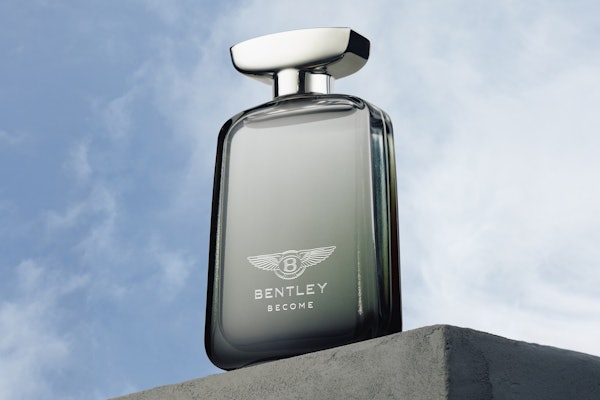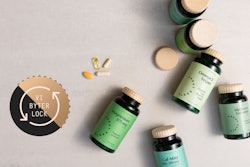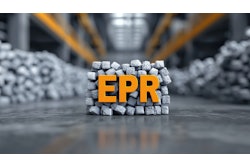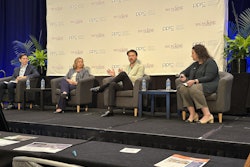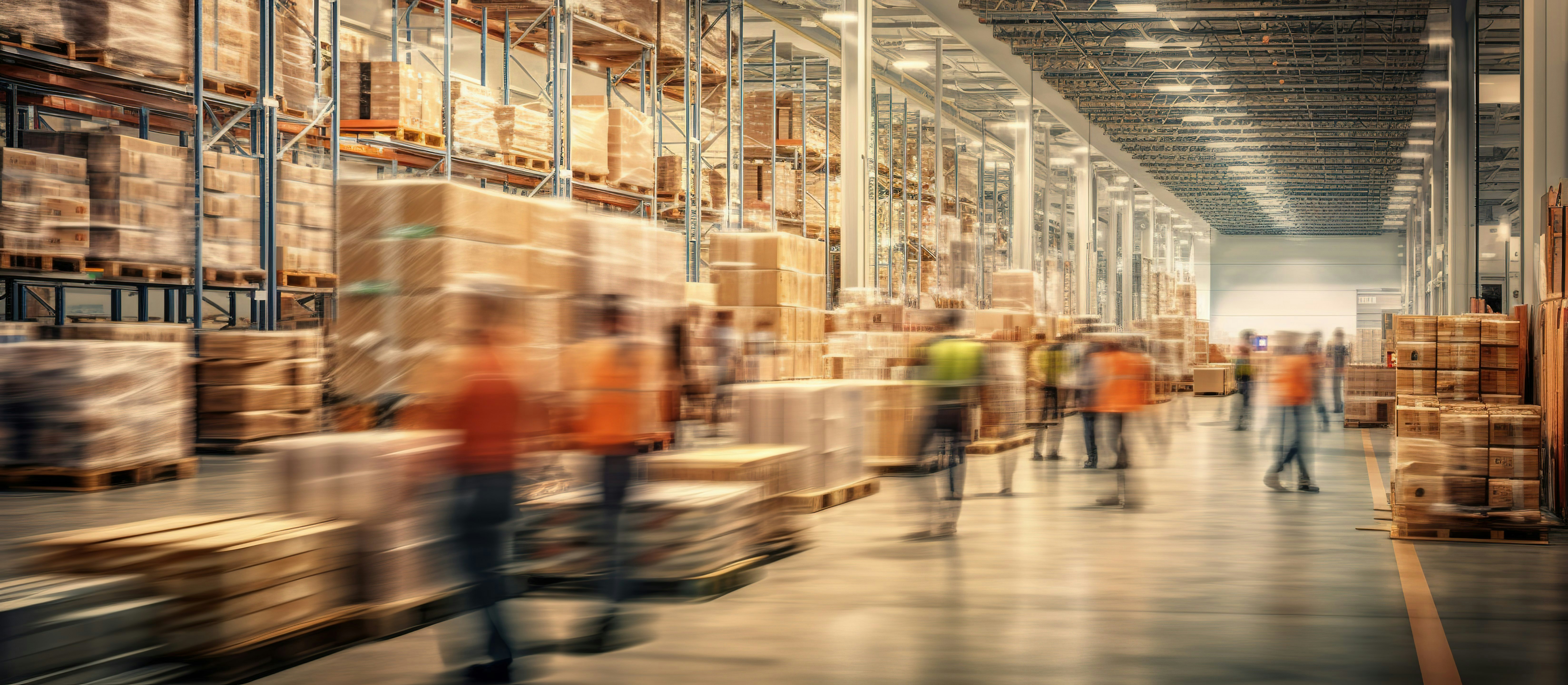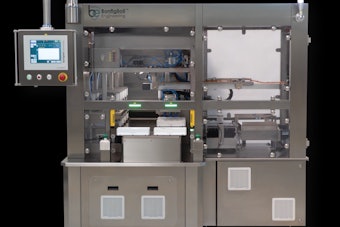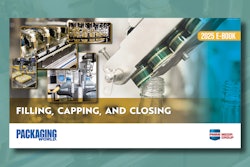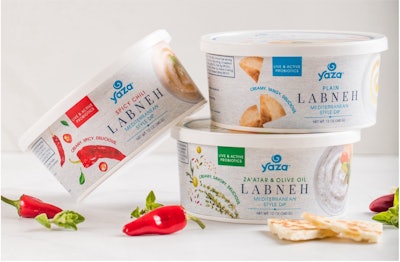
Mediterranean food company Yaza is selling its all-natural, low-fat labneh—a substitute for sour cream, cream cheese, and dips like hummus—to the American market packaged in 12-oz tubs of Greiner Packaging’s K3 cardboard-plastic cups, which the supplier describes as a more sustainable option.
Yaza spokespeople say the design and shape of the cup enhances the aesthetic appeal on the shelf and provides functional benefits to consumers, ensuring ease of handling and portion control.
“Given the inherently low ecological footprint of our product, the choice of packaging was a natural extension of our commitment to sustainability,” says Karim Khalil, founder of Yaza. “That’s precisely why we opted for Greiner's K3 cup, which aligns seamlessly with our ethos of responsible and environmentally conscious practices, its clear sustainability credentials were a significant factor in our decision-making process.”
 | An Innovation snapshot from The Packaging Conference, a forum for new packaging technologies, with sessions on bioplastics, digital can printing, and a circular solution for all plastics, among others. |



